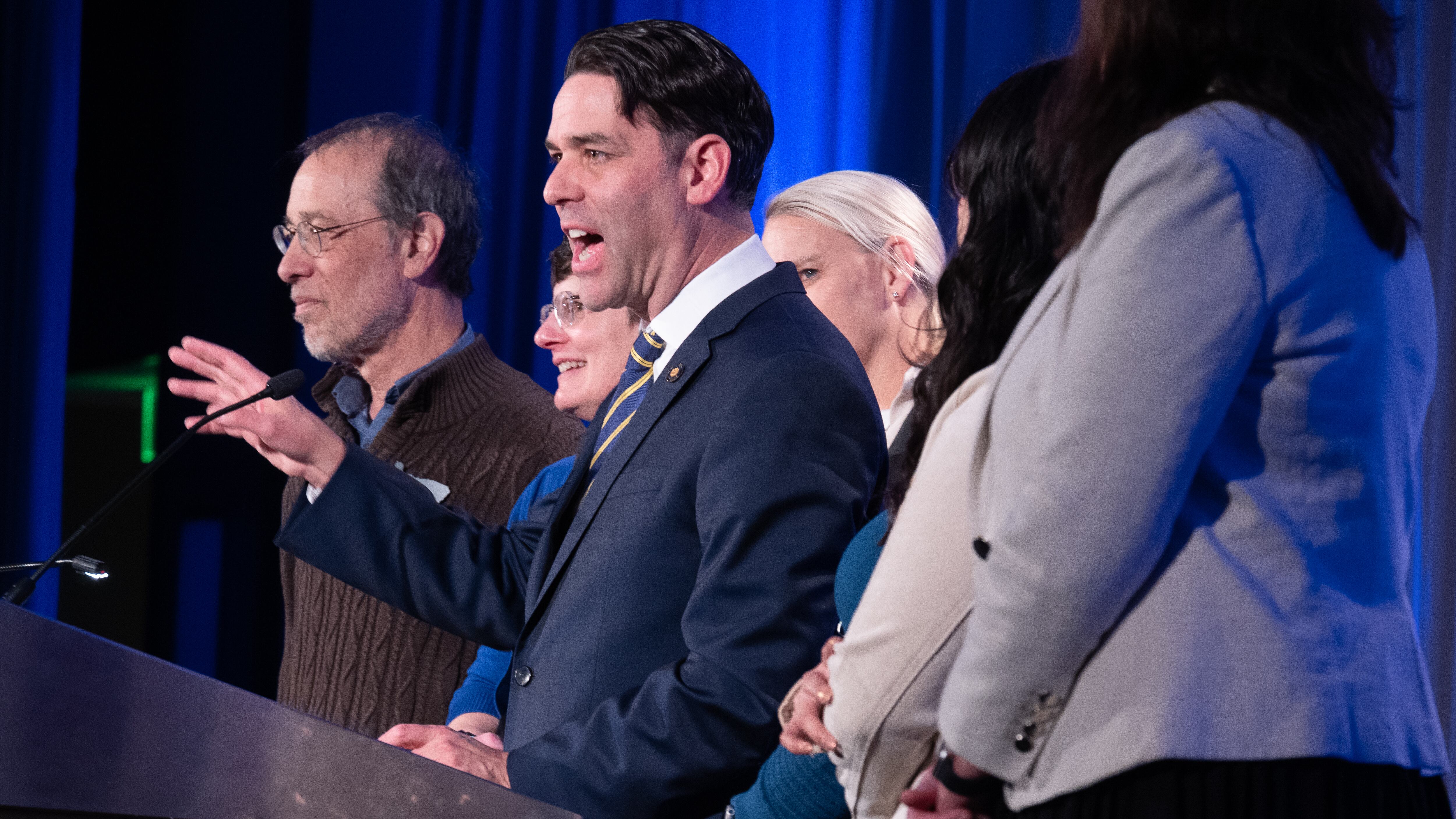Following the retirement of Senate President Peter Courtney (D-Salem), who has led the upper chamber of the Oregon Legislature for 20 years, Senate Democrats last week elected Senate Majority Leader Rob Wagner (D-Lake Oswego) to succeed Courtney and tabbed state Sen. Kate Lieber (D-Portland) to be the new majority leader.
Courtney made bipartisanship a byword in his two decades of service. Wagner is less likely to do so—at least judging by the reaction to his pick from the GOP side of the aisle.
The choice of Wagner, who came to the Legislature in 2018 after a decade as a lobbyist for the American Federation of Teachers union, inflamed Senate Minority Leader Tim Knopp (R-Bend). Knopp’s party grabbed one seat from Democrats on Nov. 8, depriving them of a three-fifths supermajority (Dems still hold 17 of 30 seats).
Wagner’s presidency must still be ratified by the entire Senate in January, and Knopp said in a statement he can forget about getting any Republican votes. Knopp said Wagner is “untrustworthy, deeply partisan, and doesn’t have the necessary skills to run the Senate in a bipartisan fashion.”

